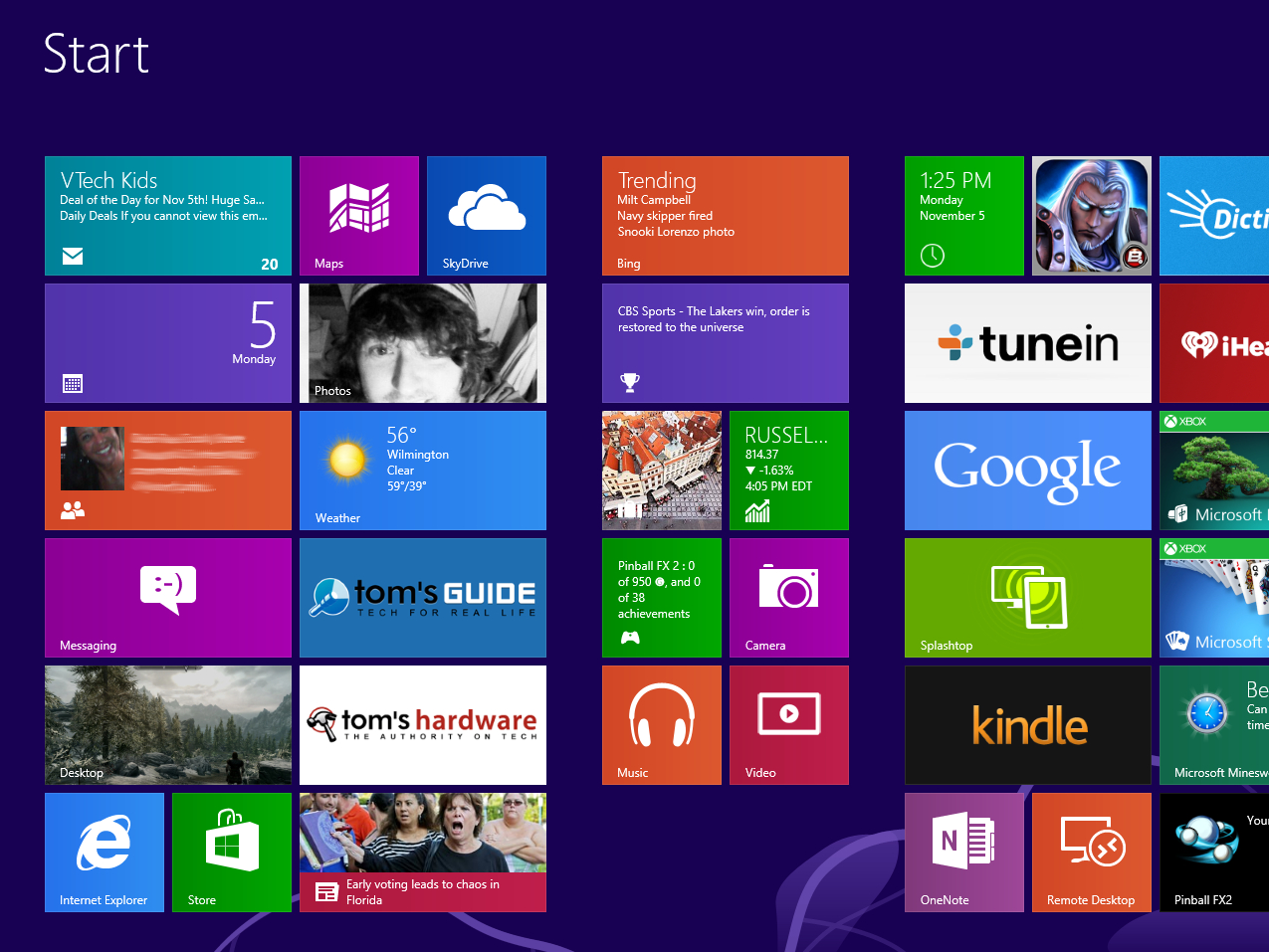Bitdefender Says Windows Defender is Better Than Nothing
Windows Defender is better than nothing, says security firm Bitdefender.
Get Tom's Hardware's best news and in-depth reviews, straight to your inbox.
You are now subscribed
Your newsletter sign-up was successful
Security firm Bitdefender recently conducted a study with Windows 8 and its built-in Windows Defender sotfware and discovered that they're able to defeat 85-percent of the 100 malware families used by most hackers in 2012. That's better than Windows 7's out-of-the-box security which reportedly only blocks 32-percent of the malware.
Bitdefender came to this conclusion after setting up a Windows 8 machine, with Windows Defender running, in a controlled test environment. The company infected the machine with "61 malware threats of 385 of the most popular malware samples."
According to the firm, one of the samples managed to sneak past Windows Defender, but crashed on execution. Another sample broke through Windows Defender and actually executed, but it was immediately blocked by User Account Control so no actual payload was unloaded.
"The malicious sample set consisted of the families of malware detected most frequently in the past six months by the Bitdefender Real-Time Virus Reporting System," the company said on Friday. "The malware that successfully bypassed Windows Defender was capable of granting backdoor access to the system, intercepting keystrokes, stealing online games credentials, and more."
When the company tested the Windows 8 machine without Windows Defender running, the results were naturally a lot worse. Of the 385 samples, 234 ran successfully, the company said, but an additional 138 samples just could not be executed on the machine for numerous unnamed reasons. Six e-threats executed but then crashed, and seven others launched but their payload was blocked by User Account Control.
"As a means of protecting a computer from viruses, data theft and other type of malware, Windows Defender is better than nothing," said Bitdefender Chief Security Strategist Catalin Cosoi. "But it’s not a whole lot better. Most of the popular antivirus [solutions] can do better. The conclusion is clear: using your PC without a security solution is extremely risky."
Naturally this bit of information comes from a security firm that provides a 3rd-party solution, so take the data with a grain of salt.
Get Tom's Hardware's best news and in-depth reviews, straight to your inbox.

Kevin Parrish has over a decade of experience as a writer, editor, and product tester. His work focused on computer hardware, networking equipment, smartphones, tablets, gaming consoles, and other internet-connected devices. His work has appeared in Tom's Hardware, Tom's Guide, Maximum PC, Digital Trends, Android Authority, How-To Geek, Lifewire, and others.
-
dextermat plus get rid of java and adobe flash and you'll be 99% free of malware!!Reply
If you don't download illegal music plus movies and you stay away from the naked ladies sites. -
olaf one of the most bloated proaducts out there... install it on a PC see it crawl to a halt...Reply -
Recently, I've been wondering how many viruses I've got after a year or so of running sans AV, so I downloaded avira free and did a full scan. It found 2 viruses, which were both reported false positives and as such, I uninstalled it.Reply
In my opinion, care and common sense can very well make up for the lack of an antivirus. -
Thomas Creel We need people like this to go out and test these things, we will never be a step ahead of the hackers but we should keep trying anyways!Reply -
lol no, your pc is better of without it, and by that i mean with or without it you WILL get infected if there is something that can infect. but the application itself is so annoying itself so it isnt worth enabling.Reply
-
therogerwilco So perhaps they are saying we should go with BitDefender?Reply
Personally I goto quite a few shady sites, on Win7 Security Essentials never failed me, and so far on 8, it hasn't failed me.
Besides, the one thing nobody ever talks about, is the simple fact that no anti-virus etc will EVER be 100%. Until NEW virus are found and put into a catalog, the anti-virus program doesn't know about it.
Also, another reason I use Microsoft's AV etc, is because they KNOW windows. Google "mistake user32.dll flagged as virus bluescreen". -
enzed AV software at the consumer-level just seems like a money-grab in my opinion. I've never had an AV program on any of my personal PCs, and I have yet to run into any problems.Reply -
jisamaniac Personally I use ClamAV. It's light weight, cloud-based, and scans incoming packets.Reply
